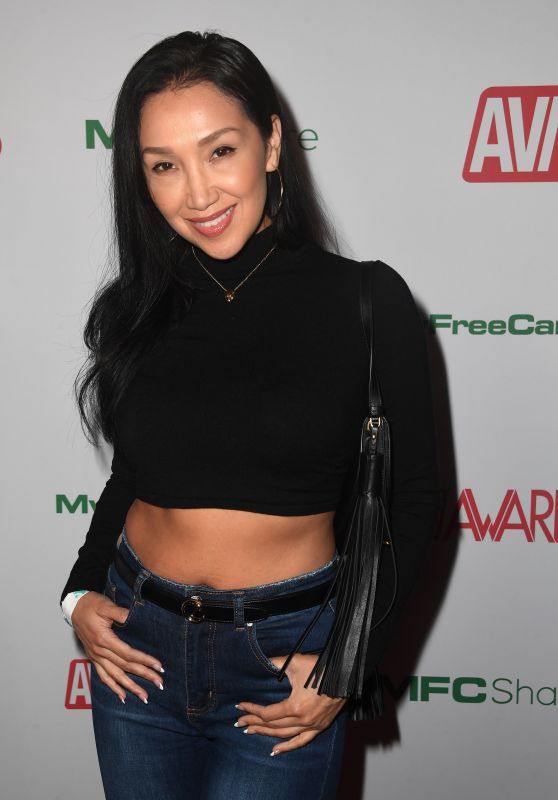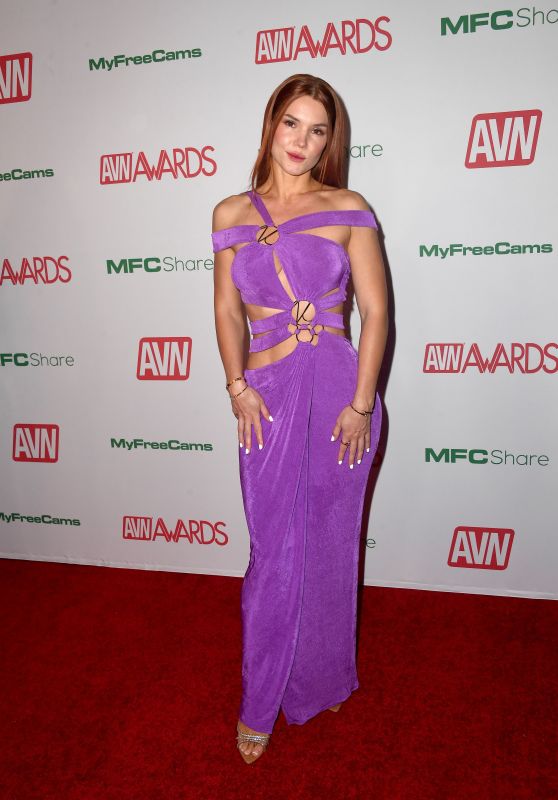Undercover, Exposing the Far Right, an investigative documentary into the work of British anti-extremist group Hope Not Hate, is finally getting its festival premiere, screening in the Frontlight section of the 2024 International Documentary Festival Amsterdam (IFDA).
Havana Marking’s doc, which exposed the activities of a U.K. far-right network promoting “race science” and their backing from Silicon Valley funder Andrew Conru, was set to bow at the BFI London Film Festival last month but was abruptly pulled from the schedule. The LFF cited safety concerns for audiences and staff. There were fears of reprisals from the far-right factions at the center of the film.
“I found it hugely disappointing,” says director Marking. “It was fear in advance before anything had happened. There was no genuine threat, just the fear that something might happen. As the far right gets more and more emboldened, these things are going to become more and more common, people are going to be more and more frightened.”
Undercover was made over two years, as Marking followed Hope Not Hate activists who infiltrated far-right movements. The film explores how the extremists combine violence, threatened or actual, with sophisticated social media campaigns to bring their pseudoscientific claims of racial superiority to the mainstream. The documentary, backed by Channel 4, which aired in the U.K. on October 21, has had a real-world impact. Andrew Conru pulled his support for the Human Diversity Foundation when it was revealed he had donated more than $1 million to the eugenicist research group. Extremist influencer Stephen Christopher Yaxley-Lennon, aka Tommy Robinson, a British anti-Islam campaigner, was convicted based on evidence submitted by Hope Not Hate. He is currently serving an 18-month prison sentence.
But speaking to The Hollywood Reporter ahead of Undercover‘s IFDA premiere, Marking said the growing strength of far-right political parties, in the U.S. and Europe, may make it harder to finance and release such documentaries in the future. “Public service broadcasters are becoming more risk averse and worried about offending whoever’s in government, in case they lose their funding,” she says.
How has the reception to your film changed in the wake of Donald Trump’s victory in the U.S. elections?
That’s a really interesting question because we have been trying to get the film into American film festivals and find an American buyer. And that the optimism about that happening has completely changed [following the election] and it feels like it’s going to be very unlikely that we now get a sale in America. It’s been a bit like that for a few years, actually, ever since the first Trump government. Public service broadcasters are more risk averse and worried about offending whoever’s in government, in case they lose their funding.

Do you see a big difference between Europe and the United States on that front? Some European festivals seem to be now positioning themselves as a the “political resistance” to Trump and the far-right.
Yes, there is some of that and it’s really exciting. There’s the feeling again that we need to double down, that [political] films are more important now than ever before. But with European film festivals, it depends on where they’re getting their funding from. I know, anecdotally, that some of the smaller festivals in Eastern Germany, for example, where they now have the [far-right] AfD party in charge of municipal state funding, that they are getting more nervous. It’s kind of going in both directions. We’re premiering Undercover at IDFA and The Netherlands now has a far-right government, but IDFA has been very supportive of our film and is excited to show it, they feel it absolutely was necessary in the current
environment that they’re in.
Your film was set to premiere in London but it got pulled at the last minute…
Yeah, we had a situation where our film has been funded by the BFI and through the doc society here, and we’ve had lots of support, but then the London Film Festival pulled us for safety reasons, which I found hugely disappointing. It was fear in advance before anything had happened. There was no genuine threat, just the fear that something might happen. As the far right gets more and more emboldened, these things are going to become more and more common, people are going to be more and more frightened.
We’ve seen this at other film festivals, movies getting pulled out of fear of protests or disruption. Do you worry there’s going to be a general risk-aversion policy, a kind of pre-censorship, of film topics to make sure there is no danger of any violence?
That was our biggest fear with the LFF, that this could mean that now they’re going to be too scared to even select a movie like ours in the first place. Ultimately, the London Film Festival is not like IDFA or the Sheffield documentary festival, which are primarily doc fests, they understand political films, they understand how to deal with scary situations, they know which venues are safe and which aren’t. The London Film Festival is much more of a celebrity-led, red-carpet festival. I think this took them by surprise, and they just didn’t know how to deal with it. I hope, going forward, they can learn from the experience and put protocols in place to make sure these films don’t get silenced.

Your film had real-world consequences. Andrew Conru pulled his funding of the Human Diversity Foundation, and Tommy Robinson landed in jail. But with the success of the far-right in elections, do you think naming and shaming can still have the same impact? We now have the richest man in the world, Elon Musk, openly supporting Donald Trump, spouting far-right talking points and seemingly un-shameable.
Yeah, it’s that is an interesting one and quite frightening. What’s really interesting about the far right is that they speak in code. Tommy Robinson is very clever in having a front and not actually saying what hi really thinks. Elon Musk has drawn his line in the sand over where he stands politically, but he still would claim not to be a racist. What our film and our journalism does is expose a lot of people who claim to “just patriots.” Who claim to be “just scientists.” We unpeel those claims and show the real opinions behind that. The journalist in the film, Harry Shukman, captures that on a hidden camera. There’s no denying it. There’s no “fake news-ing” it. There’s no pretending the film is biased. They said what they think.
A lot of what Trump has been saying is reflected in the film — his incessantly saying that Kamala [Harris] has a low IQ, talking about the country’s genes and being poisoned — those are straight-up eugenics dog whistles that I don’t think people in the wider world really understand. They are heavily coded dog whistles. It’s the film’s, it’s journalists’ job now to cut through those layers and to expose what people really think behind closed doors. That’s all we can do.
My own moral courage, my backbone, has been reinforced, actually, in making this film, because there is a real moral clarity to this issue. From my perspective, there’s you can’t be impartial about racism. You can’t be neutral about Islamophobia or antisemitism. The courage of the people in our film, that’s the same moral courage we need to demand of our institutions, of our film festivals, of our funders. This is not the time to be wringing your hands. This is the time to be putting stuff into action.
The response to our film has been incredible. We got five stars from the The Guardian, the left-leaning press, and five stars from The Telegraph, which is right-leaning. The audience’s reaction and engagement have taken us all aback. The funders are more frightened, but the audiences are braver than ever, they want to watch this stuff.




















 English (US) ·
English (US) ·